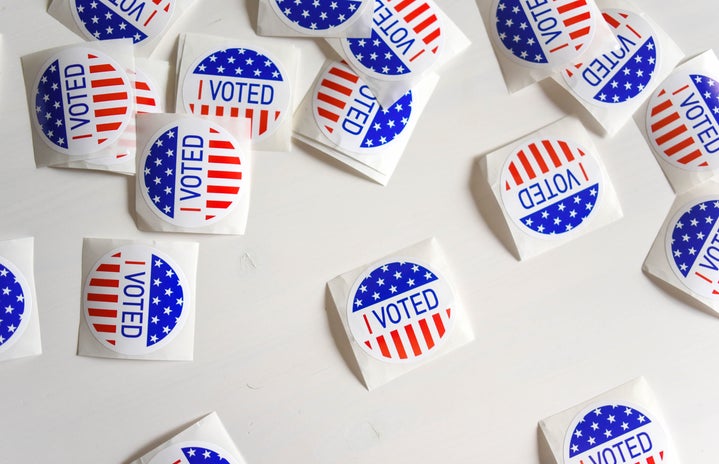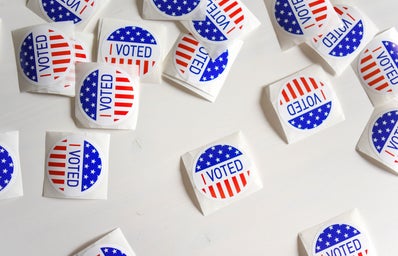Article by Aya Hussein
On Nov. 8, Democratic candidate Wes Moore outpaced Republican opponent Dan Cox in the gubernatorial election for Maryland, accumulating 62.9% of the vote in comparison to Cox’ 34%.
“Tonight we celebrate, and tomorrow we get to work. Thank you, Maryland,” Moore wrote on his twitter account after the results.
Living through the principle of “no matter your start in life, you deserve an equal opportunity to succeed,” Moore encouraged fairness for all in his campaign. According to his campaign website, one of Moore’s strongest policy positions is targeting the racial wealth gap.
According to Moore, white families have eight times more wealth than Black families in Maryland. He plans to address this by increasing access to child care so more parents can go to work, by creating a financial aid system that would cap a family’s childcare expenses as a percentage of household income.
Moore also aims to address the wealth gap by supporting historically Black colleges by increasing their investment through cooperating with major corporations to improve and implement programs that can equip students with hands-on learning experiences.
Moore will be the first Black governor of Maryland. He expressed a commitment to civil rights and social justice.
When discussing civil rights and social justice issues, Moore said this on his campaign website: “That [building on the progress of police accountability legislation] means continuing the march toward equity in our criminal justice system by supporting policies that promote redemption and second chances and reforming our prison systems.”
The midterm elections gave citizens a chance to participate in state elections. According to FairVote.org, voter turnout for midterm elections tend to fall below that of federal elections. This could be due to the lack of interest and awareness when it comes to state and local elections.
University of Maryland sophomore and English Creative Writing major Kyala Coleman weighs in on the importance of voter turnout for young people in state elections:
“I believe that it’s important to vote in state elections, as well [as federal elections] because even as younger people though it may not feel that way, your most powerful right as a citizen is to vote,” she said.
“You literally have the power to decide who gets to sit in the seats, and that’s great. If you don’t like somebody’s values who’s already in the seat. You vote. You get them out of the seat. You put somebody you do like in the seat, but you can only do that if you go out and vote,” Coleman said.


